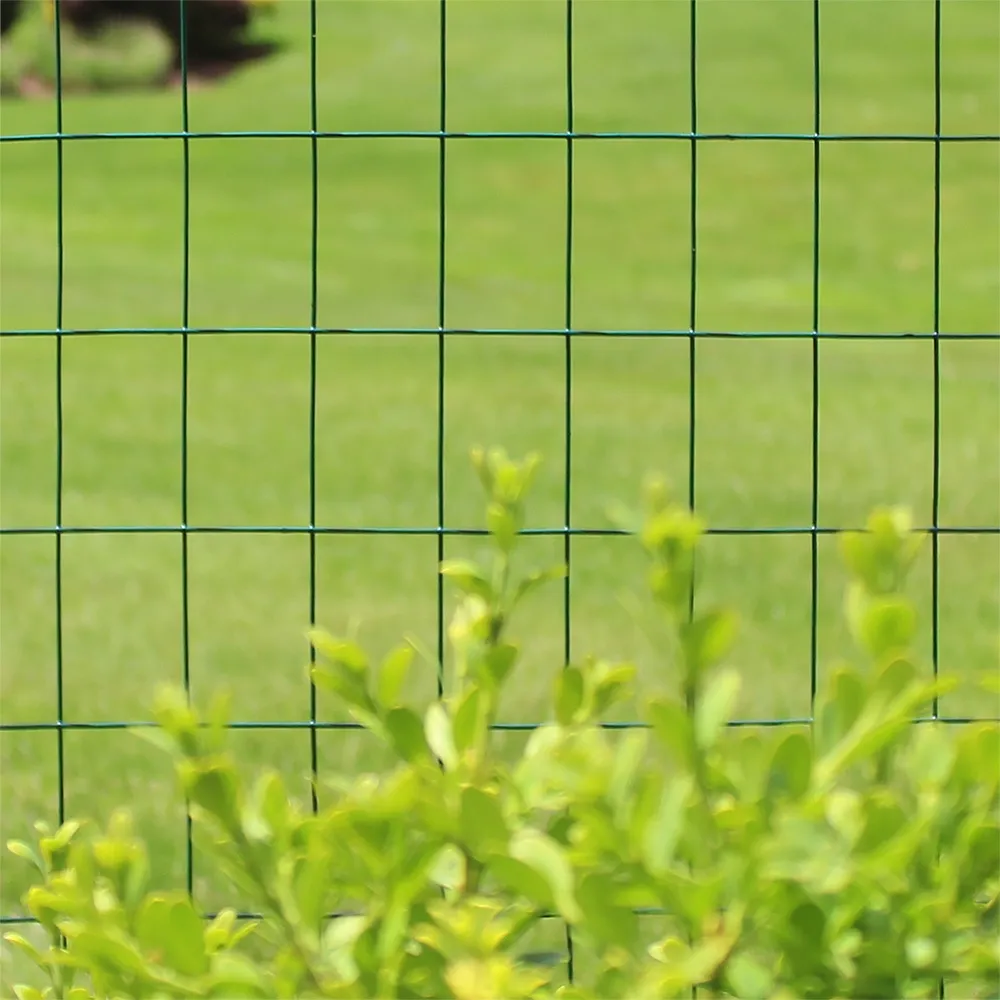plastic shade net
ديسمبر . 01, 2024 00:54
The Importance of Plastic Shade Nets
In recent years, the use of plastic shade nets has gained significant popularity across various industries and agricultural practices. These versatile materials are designed to provide protection against harsh environmental conditions, while also promoting healthier growth for plants, crops, and even livestock.
Plastic shade nets are primarily used in agriculture to shield crops from harmful UV rays and extreme weather conditions, which can adversely affect their growth. By blocking a certain percentage of sunlight—often between 30% to 90%—these nets help to regulate the temperature and humidity levels in greenhouses and open fields alike. This controlled environment fosters better growth conditions, leading to increased yields and enhanced quality of produce. Farmers can choose the appropriate density of the net based on the specific needs of the crops being cultivated.
Apart from agricultural uses, plastic shade nets are also beneficial in horticulture and landscaping. Gardeners utilize these nets for protecting young plants from scorching sun or unexpected frost. By creating a microclimate, plastic shade nets allow sensitive plants to thrive by mitigating temperature fluctuations that could hinder their growth. Additionally, they can help prevent soil erosion by minimizing the impact of heavy rainfall.
plastic shade net

Moreover, plastic shade nets play a crucial role in livestock farming. Animals are susceptible to heat stress, which can affect their overall health and productivity. Installing shade nets in animal enclosures or grazing areas provides necessary shade and comfort. This not only enhances animal welfare but also improves their milk production and weight gain, resulting in better economic returns for farmers.
The construction of plastic shade nets is also noteworthy. Made from high-density polyethylene (HDPE), these nets are lightweight yet durable, featuring UV stabilizers to prolong their lifespan. They are available in various colors and mesh sizes, allowing for customization based on specific requirements. The versatility in design makes them suitable for a range of applications, from commercial farming to small backyard gardens.
The environmental impact of plastic shade nets should also be highlighted. While they are made from plastic, which has been critiqued for its environmental footprint, these nets contribute positively by extending the growing season for crops. Enhanced productivity means less land is required to meet food demands, which can lead to reduced deforestation and preservation of natural habitats.
In conclusion, plastic shade nets are integral to modern agriculture, horticulture, and livestock farming. Their ability to provide necessary protection from environmental stresses translates into healthier plants and animals, leading to increased productivity and sustainability. As the world faces challenges related to climate change and food security, the continued use and development of such innovative agricultural tools can play a vital role in ensuring a more resilient and efficient food production system. Embracing solutions like plastic shade nets not only benefits individual farmers but also contributes to broader environmental and economic sustainability.




















